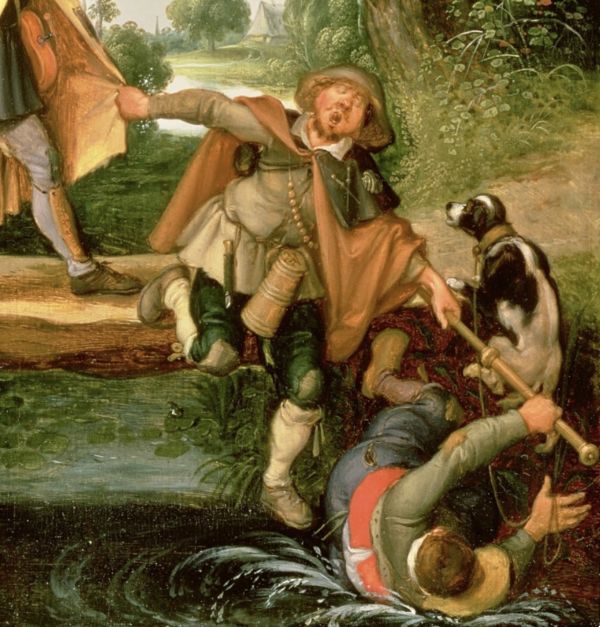Francis of Assisi was a bitter enemy of judgement.
The phrase from the Gospel that underlines this evil was indelibly written in his memory.
«Why do you look at the mote in your brother's eye but the beam in your own eye do you not see?» (Lk 6:41).
He was careful not to forget that every tree is recognised by its fruit.
The legend of the three companions in the Sources relates:
"He insisted that the brothers judge no one, and look not with contempt on those who live in luxury and dress with exaggerated refinement and pomp, for God is our Lord and theirs, and he has the power to call them to himself and to make them righteous [...].
This is our vocation: to heal the wounds, to bind up the broken, to call the lost.
Many, who seem to us members of the devil, may one day become disciples of Christ" (FF 1469).
In the Legenda Perugina we find an enlightening episode concerning the tree that is characterised by the fruit it produces.
A young friar came to Francis yearning for the Psalter.
The friar warned him of the vanity of having the breviary afterwards, mounting up like a prelate and asking his brother to bring him the breviary.
A few months later, the friar returned to the Poverello to speak to him again about the psalter.
Francis said to him:
"Go and do as your minister tells you" (FF1628).
At those words the young man began to return the way he had come.
But the saint began to reflect on what he had said and "suddenly he cried out after him:
"Wait for me, brother, wait for me!".
He went up to him and said:
"Come back with me, brother, and show me the place where I told you to do, concerning the psalter, what the minister will tell you".
When they arrived at that place, Francis bowed down before the friar and getting down on his knees said:
"My fault, brother, my fault! Whoever wants to be a 'minor' must have only the cassock, the rope and the breeches, as the Rule says, and in addition footwear, for those who are constrained by obvious necessity or illness".
To all the brothers who came to consult him on the subject, he gave the same answer. And he would say:
"As much a man knows, as much he does; and as much a religious is a good preacher, as much he himself acts".
As if to say: the good tree is known by the fruit it produces" (FF 1628).
Clare of Assisi was also, in the Spoleto valley, a tree of good fruit, as the same papal bull Clara Claris Praeclara emphasises, extolling its qualitative stature.
"This was the tall tree, reaching towards the heavens, with expanded branches, which in the field of the Church produced sweet fruits of religion, and in whose pleasant and pleasant shade many followers flocked from all sides, and still flock to enjoy its fruits" (FF 3294).
«For every tree is known by its own fruit» (Lk 6:44)
8th Sunday in O.T.(C) (Lk 6,39-45)












